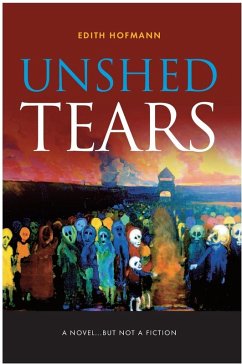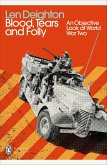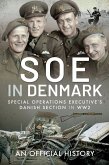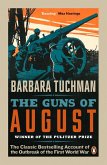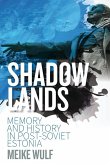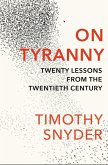Edith Hofmann is a survivor of the Holocaust, born in Prague in 1927 as Edith Birkin. In 1941, along with her parents, she was deported to the Lodz Ghetto, where within a year both her parents had died. At 15 she was left to fend for
herself.
The Lodz Ghetto was the second-largest ghetto to Warsaw, and was established for Jews and Gypsies in German-occupied Poland. Situated in the town of Lodz in Poland and originally intended as a temporary gathering point for Jews, the ghetto was transformed into a major industrial centre, providing much needed supplies for Nazi Germany and especially for the German Army.
Because of its remarkable productivity, the ghetto managed to survive until August 1944, when the remaining population, including Edith, was transported to Auschwitz and Chelmno extermination camp in cattle trucks. It was the last ghetto in Poland to be liquidated due to the advancing Russian army. Edith was only 17, and one of the lucky ones.
For the majority, it was their final journey. A small group of them were selected for work. With her hair shaved off and deprived of all her possessions, she travelled to Kristianstadt, a labour camp in Silesia, to work in an underground munitions factory.
Dieser Download kann aus rechtlichen Gründen nur mit Rechnungsadresse in A, B, BG, CY, CZ, D, DK, EW, E, FIN, F, GR, HR, H, IRL, I, LT, L, LR, M, NL, PL, P, R, S, SLO, SK ausgeliefert werden.

